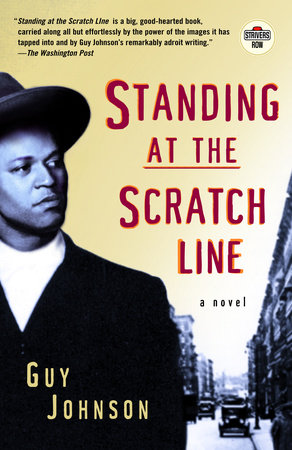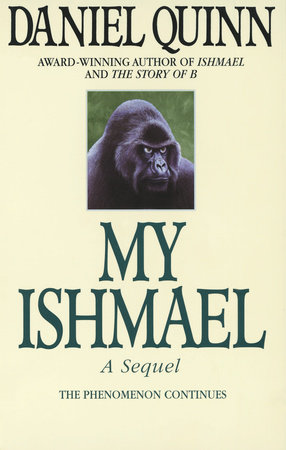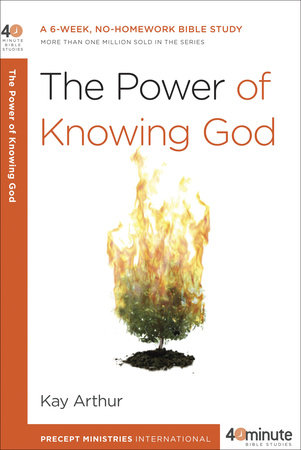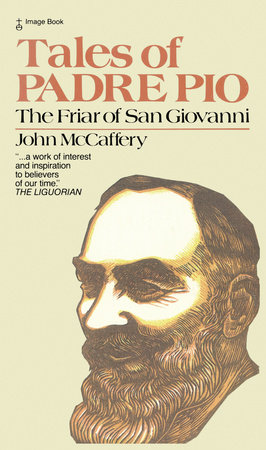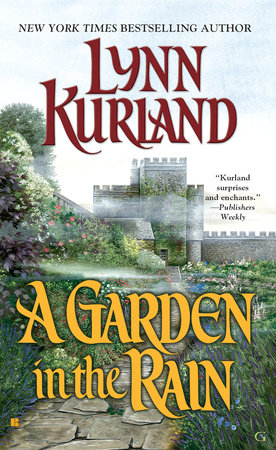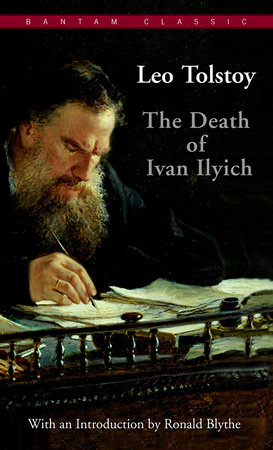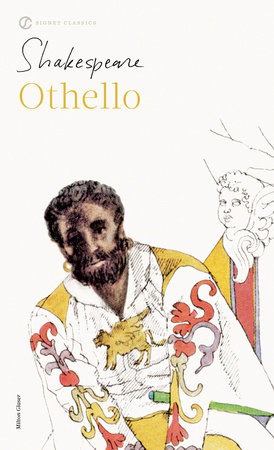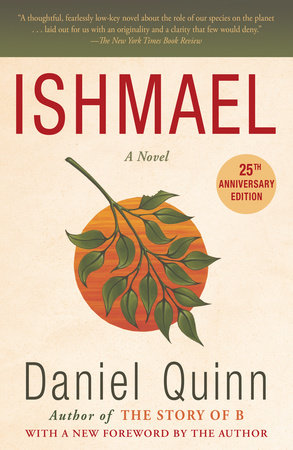Q: What prompted you to write Standing at the Scratch Line?
A: I wrote it as a back story for another novel. This other novel centers around King’s grandson and King is only depicted in flashbacks, but because I was attempting to establish the grandson’s memory of King as a force that had the power of affecting his actions, I needed to know King better. The grandson saw his grandfather as evil, but I knew that King was more than that. Thus, I had to flesh him out, determine what events motivated him, attempt to explain how a violent man may not necessarily have evil in his heart.
I also wanted to show that while a character may have achieved dominance over such things as he could control, the truly important elements in life such as health, love, the birth and death of children, lie in the hands of fate, or in other forces far beyond our ken.
Q: The underlying messages in your novel seem to be family and black self-reliance. Why did you choose the action/adventure genre to present this message?
A: I didn’t write this book with a message in mind. I’m a storyteller. I simply wanted to bring to life some of the people that I knew in my childhood and I wanted to entertain readers. If I happen to stumble across a few truths in my writing, so much the better but while I’m still in the first stage of my career as a writer, there is no message; I merely seek to entertain.
It’s true, though, that when I look around at American fiction I don’t often see strong African-American male characters who are unbeaten at the end of the story. But I knew such men, men who grew up while racism and discrimination were still the standard of polite white Americans. I wanted to see such a man, who was undaunted by the vagaries of his time, brought to life. Standing at the Scratch Line is written as an adventure because I like adventure. I like tension. I like scenes that suck you into them. And it’s a good story.
Q: We are constantly bombarded by the "slings and arrows of outrageous fortune," but most people do not pick up guns in response. What is i . t about King that allows him to fight fire with fire? Was he born this way, or is it the result of socialization?
A: The right to bear arms and stand up to injustice is an underlying theme in the American concept of masculinity and bravery. All one needs to do is look at the formula used in many of the movies being made. I don’t necessarily subscribe to this thinking, but if it didn’t exist the NRA would have vanished years ago. This is an American story about an American who came of age fighting in the First World War. There is nothing unusual about it except that the hero is black. King Tremain’s violence was a product of his times. In 1919 over a hundred black men and women were lynched. Free black people have had to defend themselves from the brutish aspects of racism since this country was born.
King Tremain may be an anomaly in American fiction, but he was not in American life. Men like King existed throughout the United States and especially in the Deep South. Otherwise Black Americans would have owned nothing in such states as Arkansas, Georgia, Mississippi, Louisiana, Florida, Tennessee, Alabama, Texas, and Oklahoma. In disputes over water rights and land ownership they certainly couldn’t expect the local authorities to defend their rights.
Q: How much of King was based on your own grandfather?
A: The idea of King Tremain sprang from memories of him. Some of him is definitely in Scratch Line, but he is much more visible in the sequel, Echoes of a Distant Summer. A few scenes in the first book are loosely based upon some of the stories I’ve heard about my grandfather. Although the sequel is primarily about his grandson, King figures mightily in the twists and turns of events. King is revealed through flashbacks through which he establishes himself as a force majeure in his grandson’s memory.
Q: As a novelist do you feel any pressure being the son of a famous writer? Has it had any effect on you as an artist?
A: I wouldn’t say that I feel pressure, but I am aware of how difficult it is to be a successful writer and what a mountain it is to climb and how, unlike Everest, one must climb it alone. I would say that it has been an advantage to be the son of a writer. I have had the opportunity to see firsthand how rigorously one must work to master the craft, how one must discipline oneself and what to do when the muse deserts the effort.
Due to my mother, I have had the good fortune to grow up around some of the great writers, actors, musicians, and dancers of our time. The recitation of poetry and prose was an important aspect of my home life. I have benefited greatly from having a parent who valued creativity and loved reading. for she passed that love and value system along to me.
As for being an artist, everyone passes through that portal by themselves. I’m not sure I’m there yet. For now, I’m just happy to be a writer.
